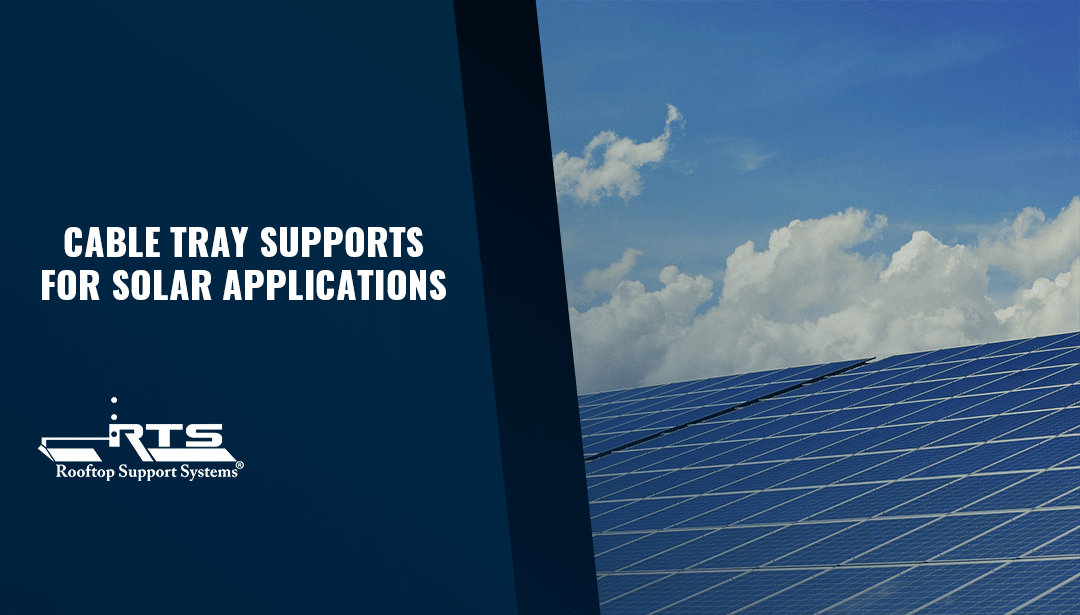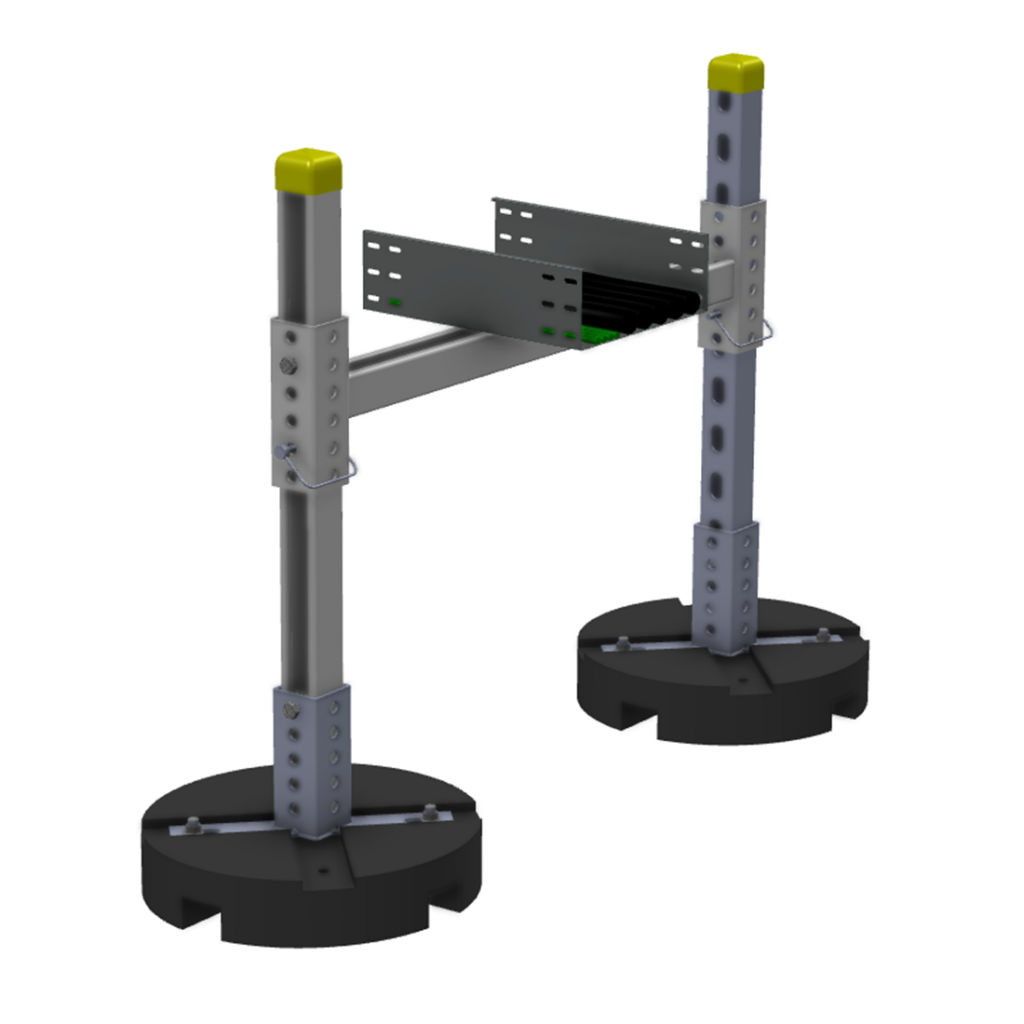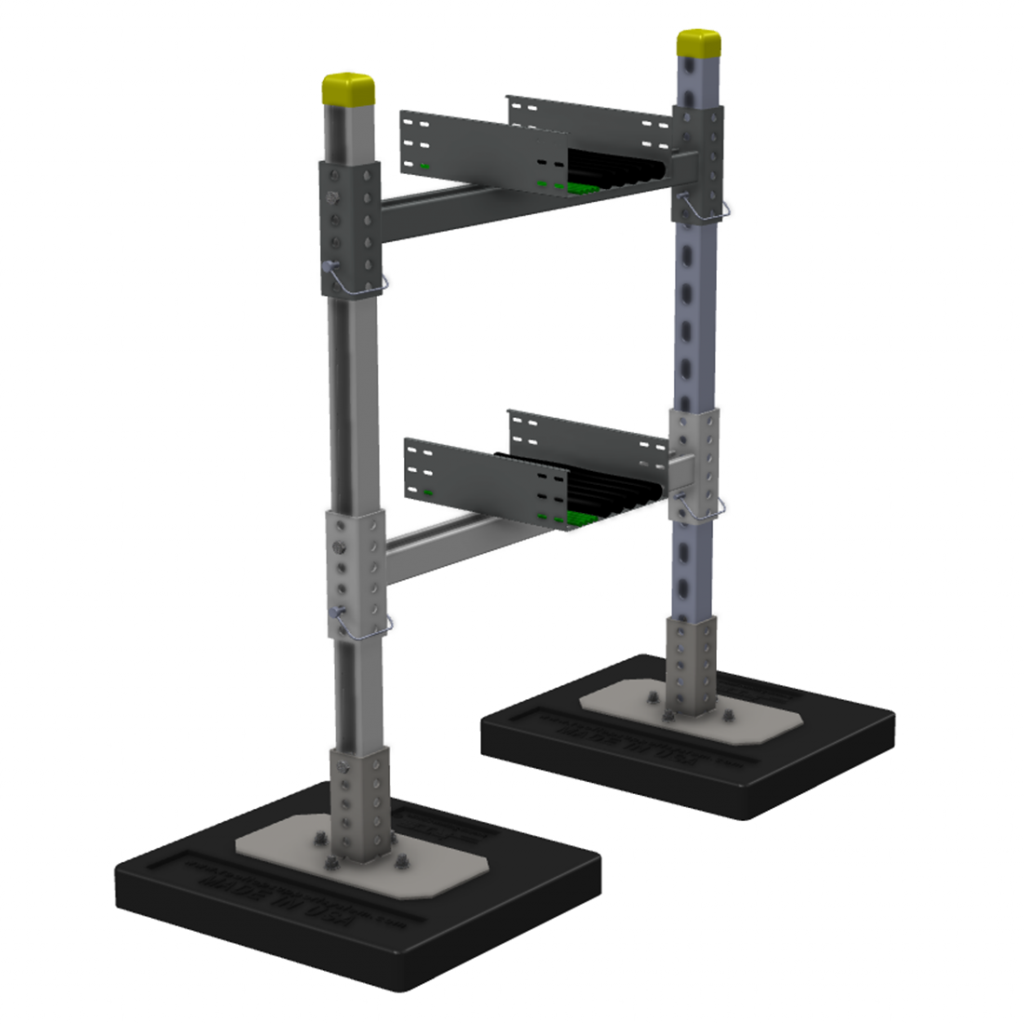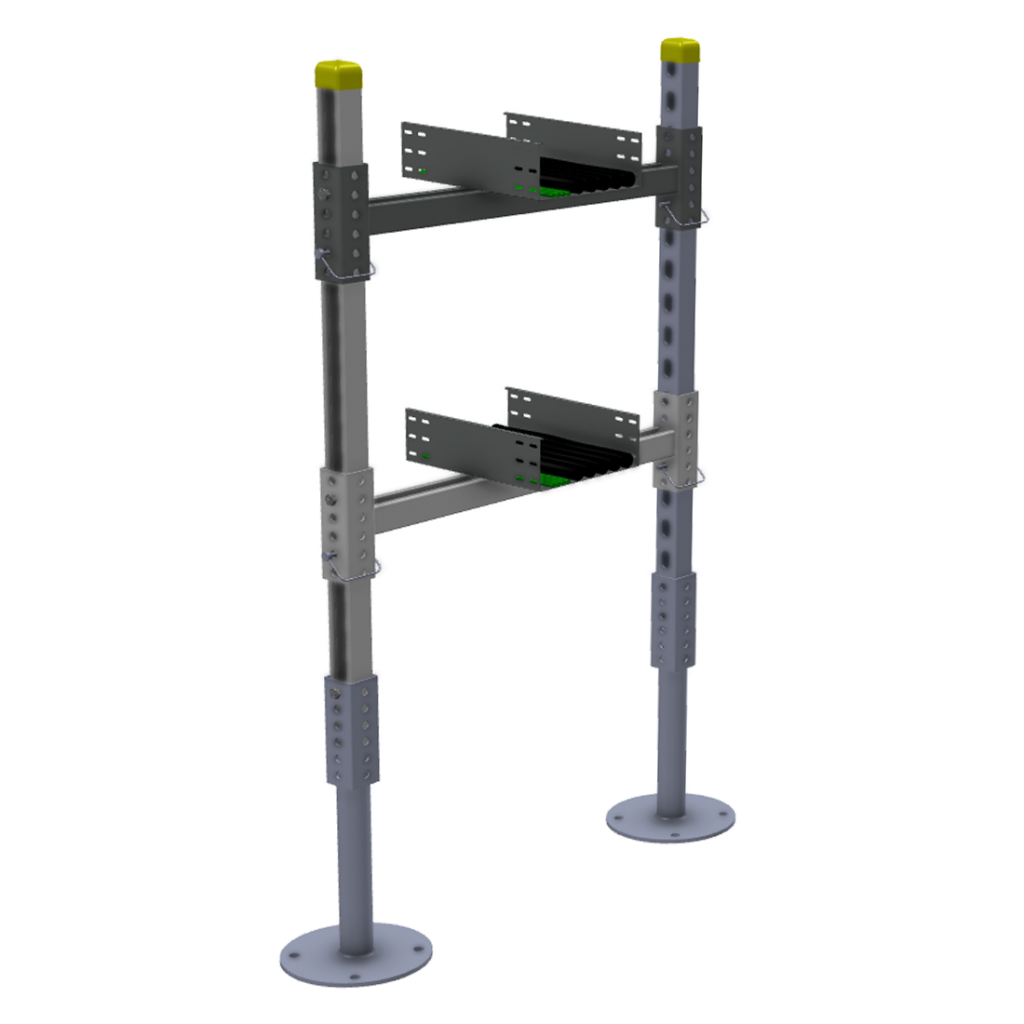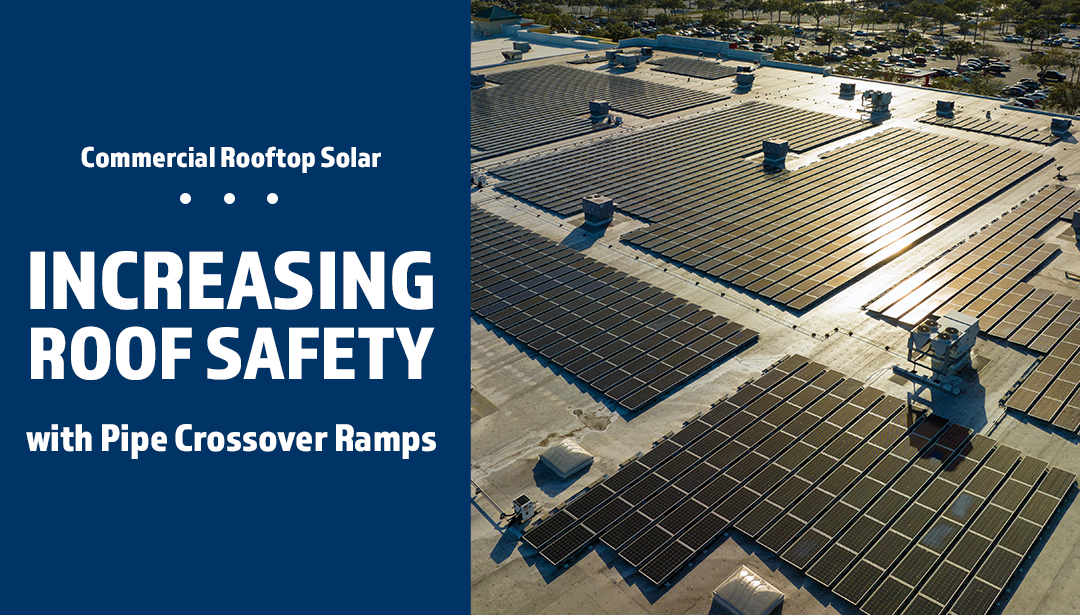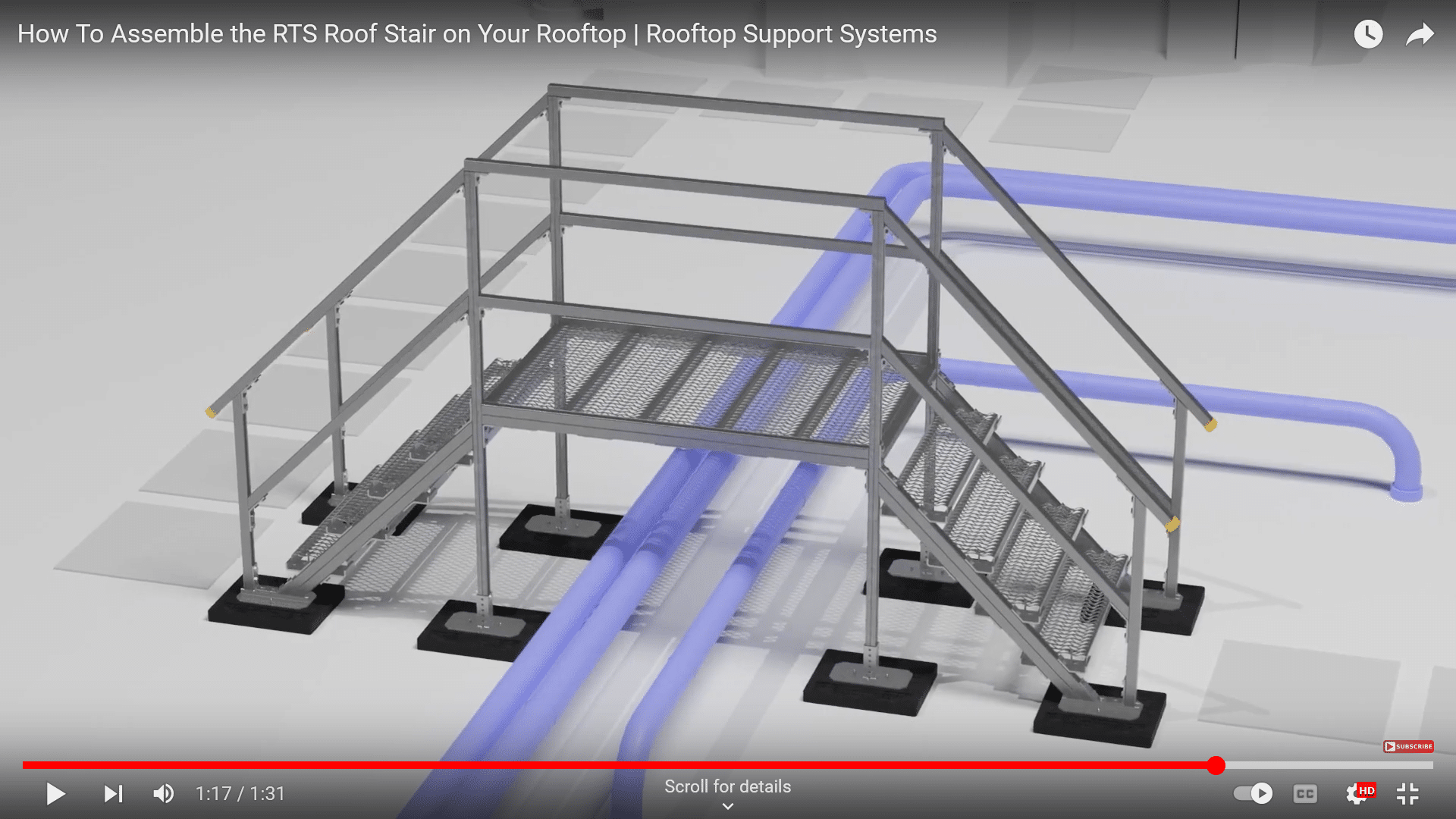As solar energy systems continue to expand across commercial, industrial, and even residential rooftops, the infrastructure used to manage and protect electrical components is more important now than ever before! A key component of that infrastructure is the cable tray support system, which plays a vital role in organizing, protecting, and supporting the complex network of wiring in a solar installation.
Without reliable electrical cable tray support, cables can become tangled, exposed, or damaged—leading to safety hazards, code violations, and long-term inefficiencies. Investing in a well-planned solar cable tray layout can greatly improve system longevity, reduce maintenance costs, and ensure optimal performance for years to come.
What Is Cable Tray?
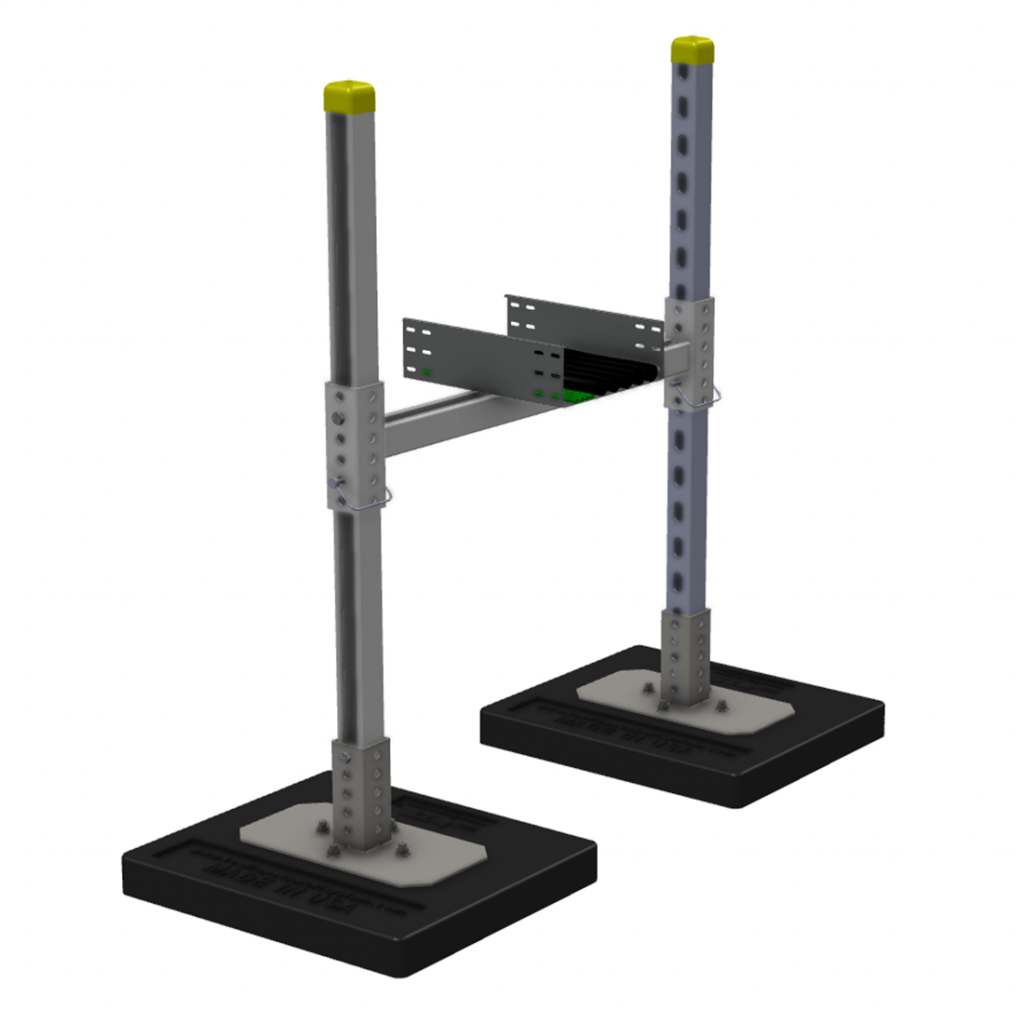
Cable trays are structural systems used to support and organize electrical wiring, particularly in environments where space, safety, and exposure are key concerns, such as rooftops! A cable tray support provides a raised, secure platform to route tray cable in an orderly fashion, protecting it from weather, debris, foot traffic, and other hazards.
Commonly made from aluminum, steel, or fiberglass, cable trays offer high strength and resistance to corrosion, making them ideal for outdoor solar applications. Cable Trays from Rooftop Support Systems are available in pre-galvanized, hot-dip galvanized, and stainless steel finishes. Their open design allows for ventilation and visual inspections, making future upgrades and repairs simpler. Using cable tray supports in a solar installation not only improves function but also simplifies installation and maintenance.
Benefits of Cable Tray Supports in Solar Installations
The use of cable tray supports in solar installations delivers a wide range of benefits. First and foremost is protection: cables suspended off the roof surface are less vulnerable to moisture pooling, pest intrusion, and mechanical damage. Second, they improve system aesthetics and safety by eliminating clutter and trip hazards. And third, they simplify maintenance. For example, when a technician can quickly identify and access cables, troubleshooting becomes far more efficient, saving time and labor costs.
In emergency situations or during routine maintenance, the ability to visually inspect and access cabling without dismantling conduit can be a major operational advantage. These supports also reduce the load on the roof, helping preserve both the roofing material and the solar investment itself.
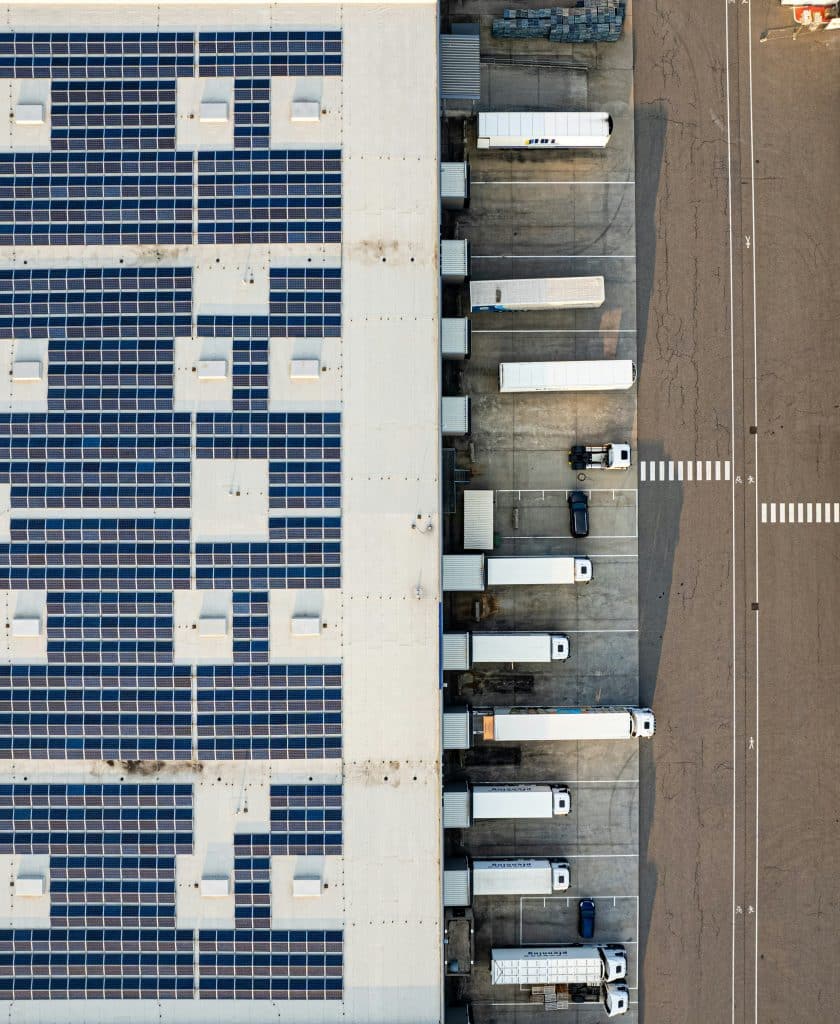
Scalability and Long-Term Flexibility in Electrical Cable Tray Supports
One of the most important advantages of using electrical cable tray support systems is their scalability. As energy needs grow or technology advances, solar systems may be expanded or modified. A properly designed cable tray support structure accommodates these changes with minimal disruption. For example, new panels, inverters, or monitoring equipment can be added and connected through existing solar cable tray paths, avoiding costly rewiring.
This kind of modularity makes tray cable management future-ready and cost-effective. In contrast, rigid conduit installations often require extensive labor and redesign when changes are made. With cable tray supports, your solar infrastructure remains adaptable to meet long-term goals.
Code Compliance and Durability for Cable Tray Supports
Adhering to safety standards is a non-negotiable part of any rooftop solar project. Cable tray supports ensure compliance with NEC (National Electrical Code) and local building codes by properly spacing, supporting, and routing electrical wiring. These systems are designed to withstand rooftop conditions, including extreme heat, UV radiation, rain, and wind.
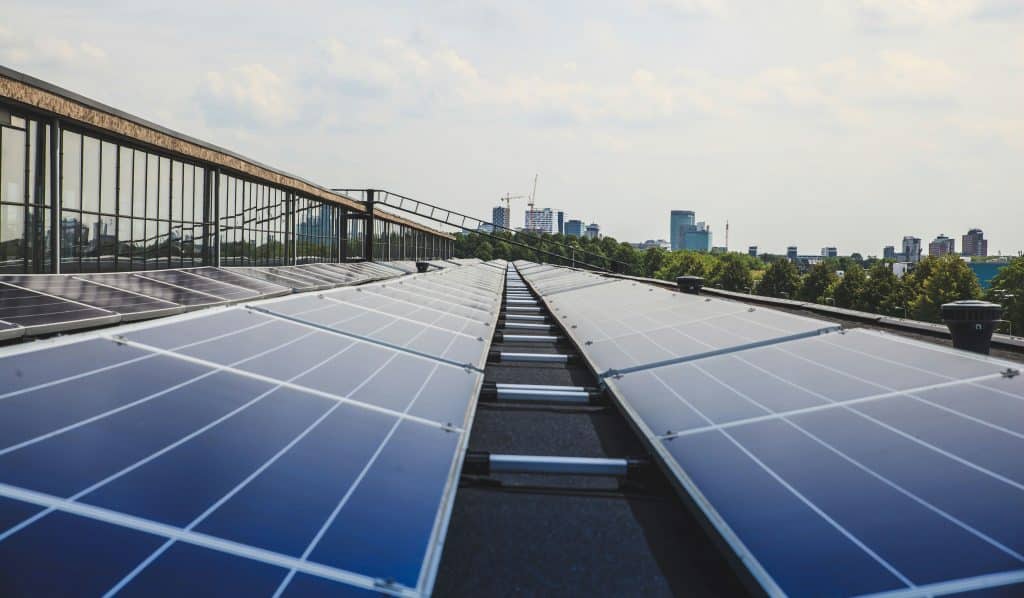
Elevating tray cable above the surface not only prevents damage but also preserves the integrity of the roofing membrane. In terms of durability, modern electrical cable tray support structures are engineered to last the life of your solar array, offering long-term reliability. Investing in high-quality cable tray support solutions helps you avoid premature system failures, reduce liability, and streamline inspection processes.
Solar Cable Tray Design Efficiency and Time Savings
Beyond protection and compliance, one of the lesser-discussed yet highly valuable aspects of solar cable tray systems is design and installation efficiency. Traditional conduit systems can be time-consuming to install and even harder to modify. By contrast, cable tray supports simplify layout planning and offer faster assembly on-site. Installers can easily adjust routing on the fly, reduce connection points, and speed up cable pulling.
The visual clarity offered by open tray cable paths also supports faster troubleshooting and less downtime in the event of a system issue. These efficiencies result in lower labor costs and reduced project timelines which are key benefits for installers, project managers, and end users alike.
At Rooftop Support Systems, we provide code-compliant, pre-engineered cable tray support solutions that are built for today’s demanding rooftop solar environments. Whether you’re planning a large-scale commercial array or retrofitting a smaller site, our team offers expertly designed electrical cable tray support systems that protect your investment while ensuring compliance and performance.
Our supports integrate easily with other rooftop infrastructure and are engineered for quick, efficient installation. From standard solar cable tray layouts to custom builds, RTS delivers durable, modular, and cost-effective solutions you can trust. Let us help you simplify your next solar project with smart, scalable cable tray supports designed to meet real-world demands.
Ready to Get Started with us on your next Rooftop Project?

1 (888) 243-2669

